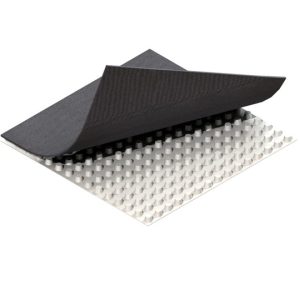PI3K/mTOR Pathway Inhibitors: A Promising Therapeutic Strategy for Cancer Treatment
html
PI3K/mTOR Pathway Inhibitors: A Promising Therapeutic Strategy for Cancer Treatment
The PI3K/mTOR pathway is a critical signaling cascade involved in cell growth, proliferation, and survival. Dysregulation of this pathway is frequently observed in various cancers, making it an attractive target for therapeutic intervention. PI3K/mTOR pathway inhibitors have emerged as a promising class of drugs that can effectively disrupt cancer cell signaling and inhibit tumor progression.
Understanding the PI3K/mTOR Pathway
The PI3K (phosphoinositide 3-kinase)/mTOR (mammalian target of rapamycin) pathway plays a central role in cellular metabolism and growth. When activated, PI3K phosphorylates PIP2 to PIP3, which then activates downstream effectors including AKT and mTOR. This cascade ultimately leads to increased protein synthesis, cell proliferation, and inhibition of apoptosis – all hallmarks of cancer.
Keyword: PI3K mTOR pathway inhibitors
Mechanism of PI3K/mTOR Inhibitors
PI3K/mTOR inhibitors work by targeting key components of this pathway:
- PI3K inhibitors block the initial activation step
- AKT inhibitors target the central kinase in the pathway
- mTOR inhibitors prevent the final signaling events
- Dual PI3K/mTOR inhibitors provide comprehensive pathway blockade
Clinical Applications in Cancer Treatment
These inhibitors have shown promise in treating various malignancies:
Solid Tumors
Breast, prostate, and lung cancers with PI3K pathway mutations have responded particularly well to these inhibitors in clinical trials.
Hematological Malignancies
Certain leukemias and lymphomas driven by PI3K/mTOR activation have demonstrated sensitivity to these targeted therapies.
Challenges and Future Directions
While promising, several challenges remain:
- Development of resistance mechanisms
- Toxicity and side effect management
- Optimal patient selection strategies
- Combination with other therapies
Ongoing research focuses on developing more selective inhibitors, identifying predictive biomarkers, and designing effective combination regimens to overcome these limitations.
Conclusion
PI3K/mTOR pathway inhibitors represent a significant advancement in targeted cancer therapy. As our understanding of this pathway deepens and new generations of inhibitors are developed, these agents are poised to play an increasingly important role in precision oncology approaches to cancer treatment.


